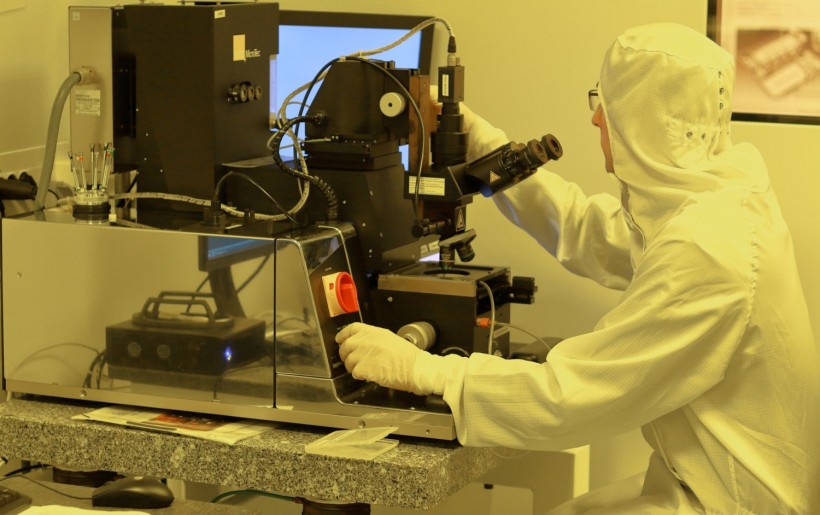Alzheimer's disease is an acquired neurodegenerative brain disorder caused by the accumulation of beta-amyloid plaques. These induce neuronal cell death and is the commonest form of dementia amongst our elderly population.
Currently there is no cure for this disease in the market and the medication available only has the ability to slow down its progression, rather than curing it. Off late, Nanotechnology has shown its effectiveness in the medical field and in the therapy of Alzheimer's disease.
Having said that, further investigations need to be carried out in order to minimize the side-effects and potential drug toxicity and improve bioavailability of the drug.
Detection
Alzheimer's starts slowly but worsens with passage of time. This means that early detection is the key for treating the disease and mitigating its effects. This is, however, easier said than done.
One reason for this is that even though scientists and researchers are aware that traces of this degenerative disease may be present in the patient's bloodstream, they exist in such small traces that detecting them is like looking for a needle in a haystack.
Besides cognitive impairment such as loss of memory, other common neuropsychiatric symptoms detected in patients of Alzheimer's are agitation, depression, hallucination and delusion.
Unfortunately, even the current techniques available to diagnose Alzheimer's, like imaging techniques and brain scans, can only be adopted after the patient begins to display any of the above symptoms, which may then be already a bit late.
Scientists at the University of Manchester have discovered previously unknown biomarkers in a patient's blood that could be used to detect Alzheimer's.The findings were built on a cutting-edge method of detection that uses Nanotechnology to spot the signs of neurodegeneration in the patient's blood.
How nanotechnology works
There are various drugs available in the market that aim to treat Alzheimer's, but they only serve as a symptomatic source of treatment for the patient. Home care dementia services can also be availed off for those who need monitoring 24x7 in a safe environment to control aggressiveness and other needs.
That said, the best way to treat Alzheimer's disease is by lowering the symptoms, but the available drugs are of limited use to overcome the blood-brain barrier (BBB). Nanotechnology has been found to be effective to curb these limitations.
This in reality means that now scientists can detect Alzheimer's or other neurodegenerative disorders many years before the first symptoms even become noticeable. Which means that patients can avail of early treatment before any significant damage to the brain takes place.
Nanomedicine has aroused a great deal of interest over the last decade and has shown very promising results. The state of the art nanoparticles are fast emerging as the primary tools for the early detection and treatment of Alzheimer's disease.
Additionally, this will allow medical professionals and doctors to track the development of Alzheimer's, right from the onset at a very early stage, thus enabling them to understand this devastating disease much better.
* This is a contributed article and this content does not necessarily represent the views of sciencetimes.com















